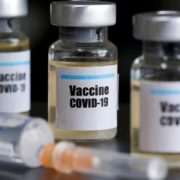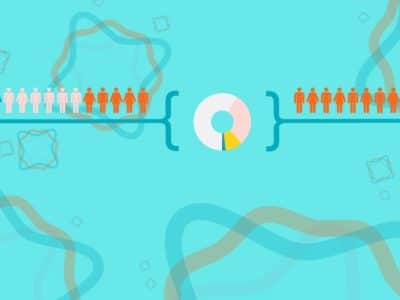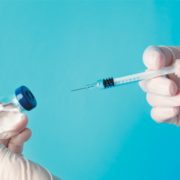The big question that remains unanswered since the start of the pandemic: how does the disease manage to kill so many people. Researchers lack one crucial piece of information: autopsies.
Overcrowded hospitals and containment measures have hindered tissue harvesting efforts from deceased patients. Slowing autopsies is a serious problem, says the journal Nature.
Already, under normal conditions, autopsies constitute meticulous work; during an epidemic, the risk of infection requires additional precautions. Until the sharing of samples between colleagues from other institutions is proving hazardous, due to the difficulty in obtaining the signatures necessary to transfer potentially infectious material.
And all this work is slow, due to the availability of hospitals dedicated primarily to the care of the sick but also due to a lack of equipment and teams in charge of taking the tissue samples that pathologists need.
We know that Covid-19 mainly attacks the patient’s lungs, but in the most severe cases it also has an impact on the heart, kidneys and brain. “Is it pneumonia?” Blood clots? Why do they develop kidney failure? We have no idea, ”says pathologist Roberto Salgado, of GZA-ZNA hospitals in Antwerp, Belgium.
Isolation and containment measures further complicate matters. Severely ill patients are unconscious and the family cannot visit them. It then becomes difficult to obtain the informed consent necessary for research purposes.
Some centers use their imagination to collect the necessary tissue samples: pathologist Marisa Dolhnikoff, from the University of São Paulo, performs biopsies of various parts of the body. His team analyzed dozens of samples from the lungs, heart, kidneys, liver, spleen, skin and brain and is trying to understand why blood clots are common in people with COVID-191 severe.
For his part, pathologist Peter Boor of the RWTH University of Aachen in Germany, is trying to build a database of autopsies so that researchers can share their data internationally. This poses a logistical challenge, even at the scale of Germany, where the regions do not have the same legislation on the sharing of this type of information.
In collaboration with the World Health Organization, whose International Cancer Research Center has a database on tumor pathologies, some researchers are currently tackling the challenge of creating an international repository of COVID-19 pathologies. Researchers from 25 countries have expressed interest.












